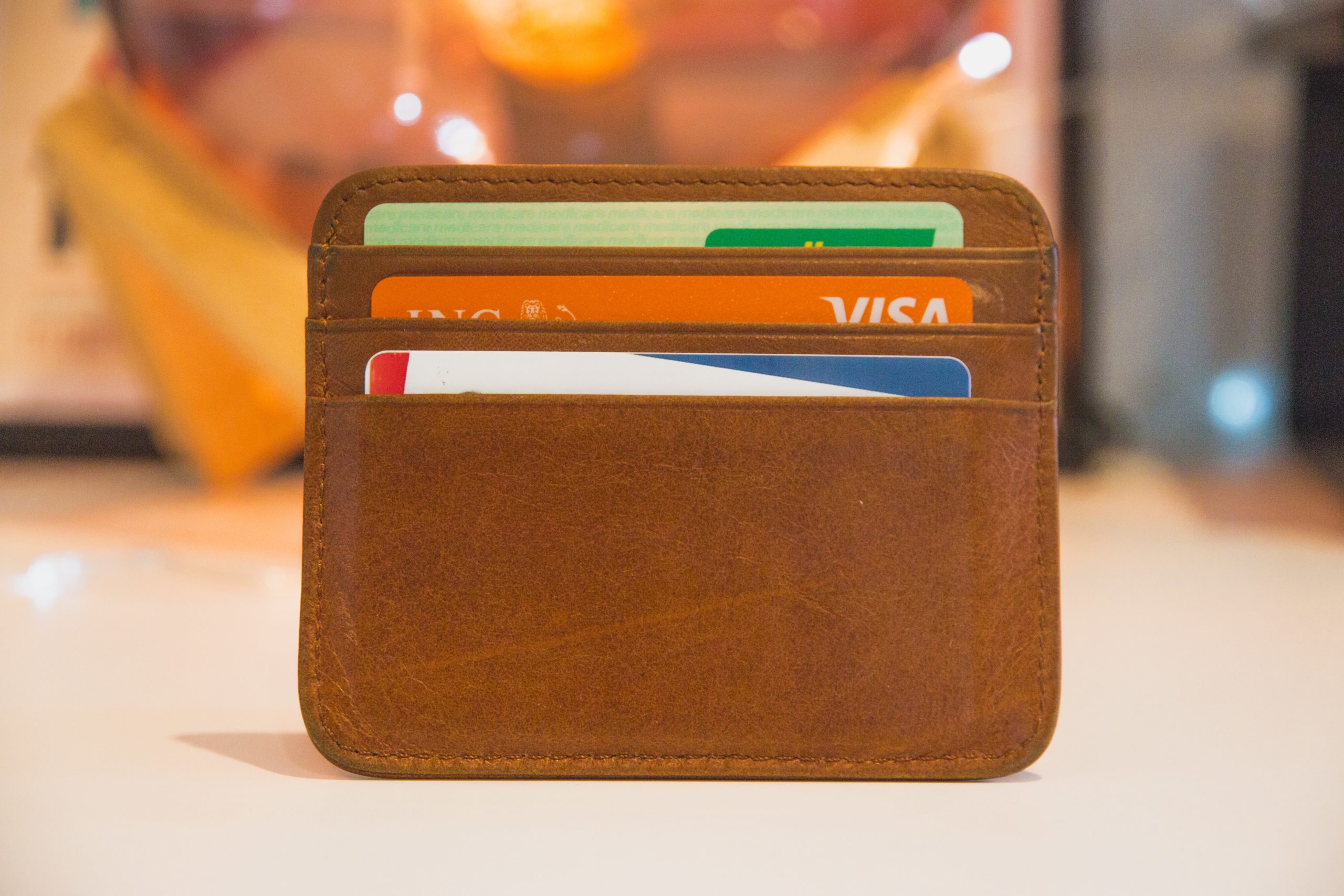Last week was National Consumer Protection Week and to keep the momentum going on the topic of protecting your information, it might be good to look at how you’re paying for things. It’s becoming increasingly rare for someone to carry cash with them, especially with the apps available on your smartphone which allow for secure payments between peers.
Peer-to-peer payment apps are convenient and enable paying a friend or finalizing a purchase from a vendor quite effortlessly. All that you need to do is download a free app, create your profile and input your credit card or bank information. Then, you can send and receive payments easily, and what makes it better is that the funds arrive in the recipient’s account instantly.
There’s no doubt that for many smartphone users, the rise of peer-to-peer payment apps is a great solution for quick and easy payments. The real question is, which is the best app to use for doing that? Apple Pay is great for iPhone users. It has been designed to replace your wallet, so it can have all of your cards stored within your phone and you can use them almost anywhere these days. Apple Pay allows for payment to vendors but it also permits payment between peers. The security of Apple Pay is one of the safest to date. It works through a separate chip in the device called the “Secure Element”, and for each transaction, this chip sends a one-time code that encrypts your data. In layman’s terms, the chip acts as a middleman to make sure that the transaction is performed securely. A downside of Apple Pay is that it is exclusively for Apple users; Apple Pay payments cannot be sent to any of the 2.5 billion Android users, unfortunately. What should they use?
Facebook, one of the most well-known websites and apps in the world for social media, has expanded its reach to facilitate transactions between peers. The extension for Facebook Pay is already installed on every Facebook profile and can be accessed through Facebook Messenger. The payments that are sent between users are encrypted, according to Facebook, and it can be made to be even more secured by setting up a payment PIN. The drawback of this payment system is that currently, it’s only available to users in the United States
Now what? Well, there’s Venmo. Many are familiar with this payment platform due to its affiliation with PayPal, its parent company. The Venmo app has become a reliable place for people to go to send money, and there’s a bit of a social aspect to the platform, too. If you allow the app to do so, it will post your transactions, not including transaction amounts, to a feed of your peers. We don’t recommend allowing this, though, because it gives people access to your financial transaction history even if you’re just paying a friend back for a movie ticket. Overall, Venmo is a quality platform for peer-to-peer transactions.
If you don’t want to use Venmo, there’s another service that you can easily use to send money, Zelle. Zelle is a platform that is integrated into the world’s most common banks, like Chase, Wells Fargo, US Bank, and CapitalOne. What most people don’t know about Zelle is that the branded apps of these banks, like Chase QuickPay, is actually the Zelle platform. The downside of using Zelle is that the level of security is less than its counterparts. There is no way of retrieving money, short of begging the intermediary bank for assistance, if you accidentally send it to the wrong person.
Some may even comment that peer-to-peer payment platforms are a better option to use than is a card that can be easily seized in a corporate data breach. Although we cannot confirm this thought, upon reflection, it seems that this suspicion is something that could potentially be. Which is the best though? It all depends on your needs, but currently, according to experts in this area, the two most secure are Apple Pay and Venmo. Choose whichever you please to use, but remember to take precautions to ensure security when using each platform.
The bottom line is that there’s really no better time than the present to become a LibertyID member for identity theft restoration protection. Our extended family plan covers the member, their spouse/partner, the member and spouse’s/partner’s parents and their children. We’re the experts at identity theft restoration, offering a 100% guaranteed identity theft restoration service. But, you have to get covered before there’s an incident. When you sign up for LibertyID, you’re covering yourself and your family from the fallout of identity theft and the potentially hundreds of hours and thousands of dollars lost due to identity theft.

